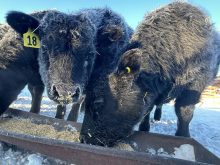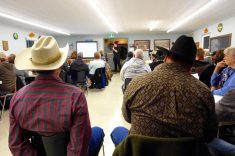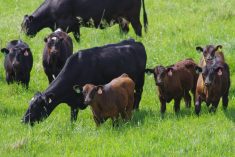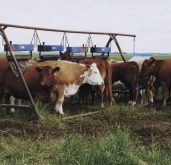“Kick me when I’m down.”
– ROBERT SHWALUK
Some Manitoba cattle producers want a national agency to extend a rapidly approaching deadline for eliminating bar code tags used to trace cattle back to their original herds.
Producers at a Manitoba Cattle Producers Association district meeting voted to ask the Canadian Cattle Identification Agency to allow bar code eartags for another two years.
Their resolution will go before the MCPA’s annual meeting in Brandon Dec. 16-17.
Read Also
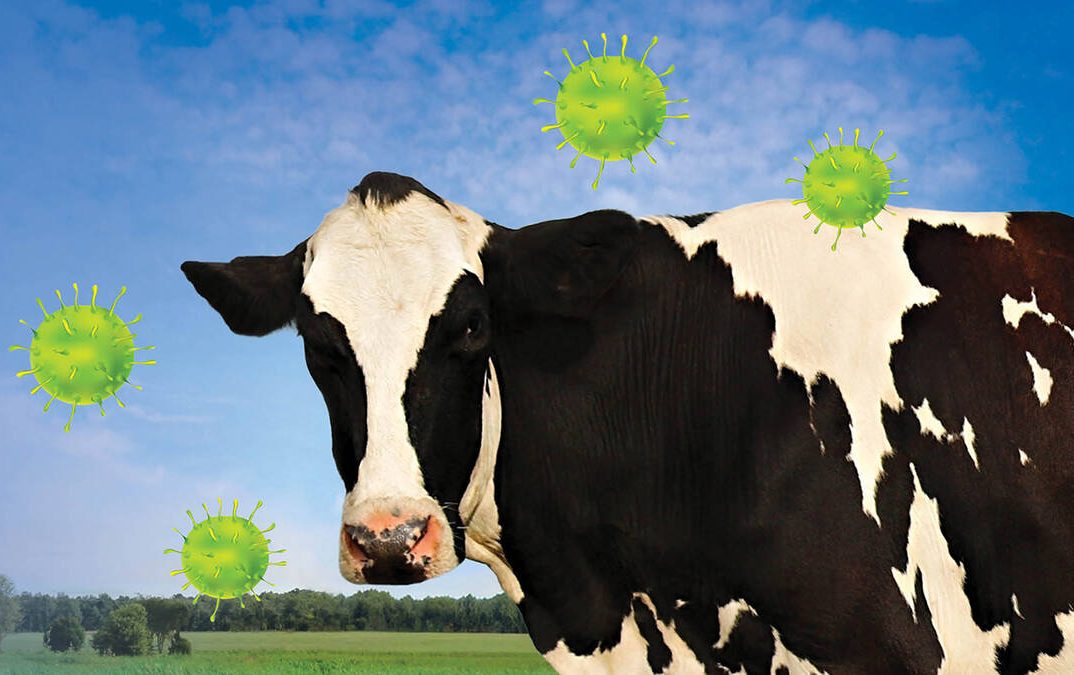
Researchers stay on trail of bovine bird flu’s origin
Canada’s dairy cattle herd is so far spared from avian flu, and work continues to contain its spread in the U.S., but the disease is far from gone.
CCIA informed producers in early September that all cattle must be tagged with an approved radio frequency identification (RFID) tag at the start of next year.
The Canadian Food Inspection Agency will delist bar code tags from the approved tag list on January 1, 2010.
That’ll officially end the old bar code tag used since 1998, when CCIA was formed as the first step toward a mandatory national traceability program for the cattle industry.
Bar code tags already applied to an animal should be left in the ear, but an RFID tag must be applied after December 31, 2009, CCIA says.
The RFID tag is considered faster and more efficient to use because it can be read at a distance by an electronic scanner. The bar code tag carrying a nine-digit animal identification number must be scanned mechanically and up close. Some tags may experience wear and become difficult to read after being in an animal’s ear for several years.
Producers at the MCPA meeting said many cows still carry the old tags and replacing them all at once would be a financial burden to an industry already under economic stress.
“Kick me when I’m down,” was how Robert Shwaluk, a Shoal Lake producer, described CCIA’s action.
Producers called the move especially unfair to Manitoba, where the industry is mostly cow-calf and producers retained cows longer than usual after BSE disrupted markets in 2003.
Shwaluk said PFRA will not accept cattle on its grazing pastures after this year without RFID tags.
MCPA at its 2008 annual meeting defeated a resolution calling for the federal and provincial governments to cover the cost of CCIA tags for producers.
In other business, the meeting passed a resolution calling for Ottawa and Manitoba to support a national insurance program for cattle prices and basis. It would cover all classes of cattle, including cow-calf, feeders and fats.
The resolution called for premiums to be cost shared the way crop insurance is now: producers pay 50 per cent and governments pay the rest, split 60-40 between the feds and the province.
Alberta recently launched its own price insurance program but only for feeder cattle. Saskatchewan is studying the possibility of a similar program for all cattle. [email protected]


